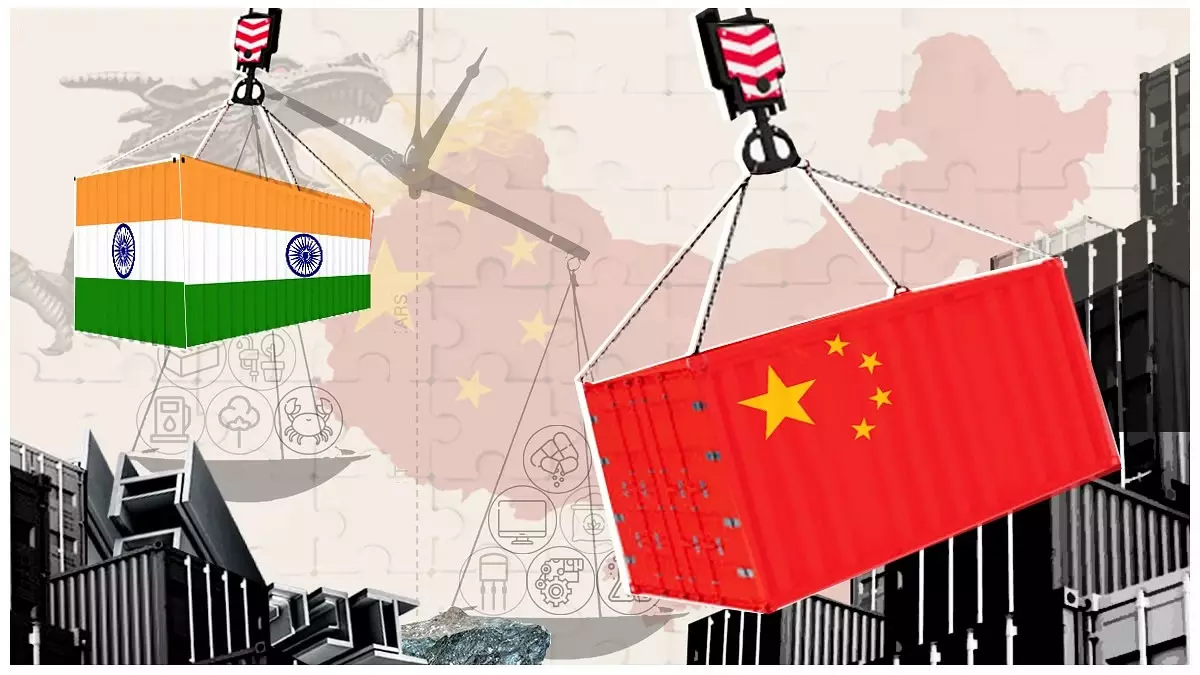‘China’s export curbs to impact electronics, solar, EV firms’
Curbs could be China's response to India restrictions on Chinese investments
image for illustrative purpose

New Delhi: Indian firms in the electronics, solar, and electric vehicle (EV) sectors are experiencing delays and disruptions due to China’s restrictions on export of key inputs and machinery, economic think tank GTRI said on Thursday.
It said the curbs could be China’s response to India’s restrictions on Chinese investments and visas. “This also signals deeper geopolitical tensions and trade war. We hope India-specific restrictions go away soon as they will also hurt China,” Global Trade Research Initiative (GTRI)
Founder Ajay Srivastava said. He added that while these measures impact India’s electronics, solar, and EV sectors, they are also harmful to China’s own manufacturing and exports. “Indian firms in electronics, solar, and EV sectors are facing delays and disruptions as China blocks exports of inputs and machinery,” it said.
India must stay firm against unreasonable demands from China and focus on building local manufacturing capabilities and diversifying supply chains, he said. Srivastava said India is particularly vulnerable to China’s export restrictions, as many of its industries depend on Chinese machinery, intermediate goods, and components. India’s imports from China increased to USD 101.73 billion in 2023-24 from USD 98.5 billion in 2022-23. In 2020, the government made it mandatory for countries sharing land borders with India to seek its approval for investments in any sector. Most countries, including ASEAN members, use Chinese inputs to manufacture final products for domestic use and exports.
“India must also strengthen partnerships with Japan and South Korea to source high-quality components for electronics, solar panels, and EVs. Engaging with these countries will help India cut reliance on China and build more resilient supply chains,” he added. With US President-elect Donald Trump likely to introduce new tariffs on China, Beijing has imposed export curbs on critical minerals and high-tech equipment.
In 2024, China’s merchandise exports reached USD 3.6 trillion, with a trade surplus of USD 992 billion. This highlights that despite the US efforts to reduce reliance on Chinese goods, China remains a key player in global supply chains, the think tank said. China plays a pivotal role in supplying raw materials and intermediate goods to countries like Mexico, Vietnam, and ASEAN, which process them into finishedproducts and export them to the US. It added that China’s current export restrictions are part of its broader strategy to retaliate against US sanctions on Chinese tech firms.

